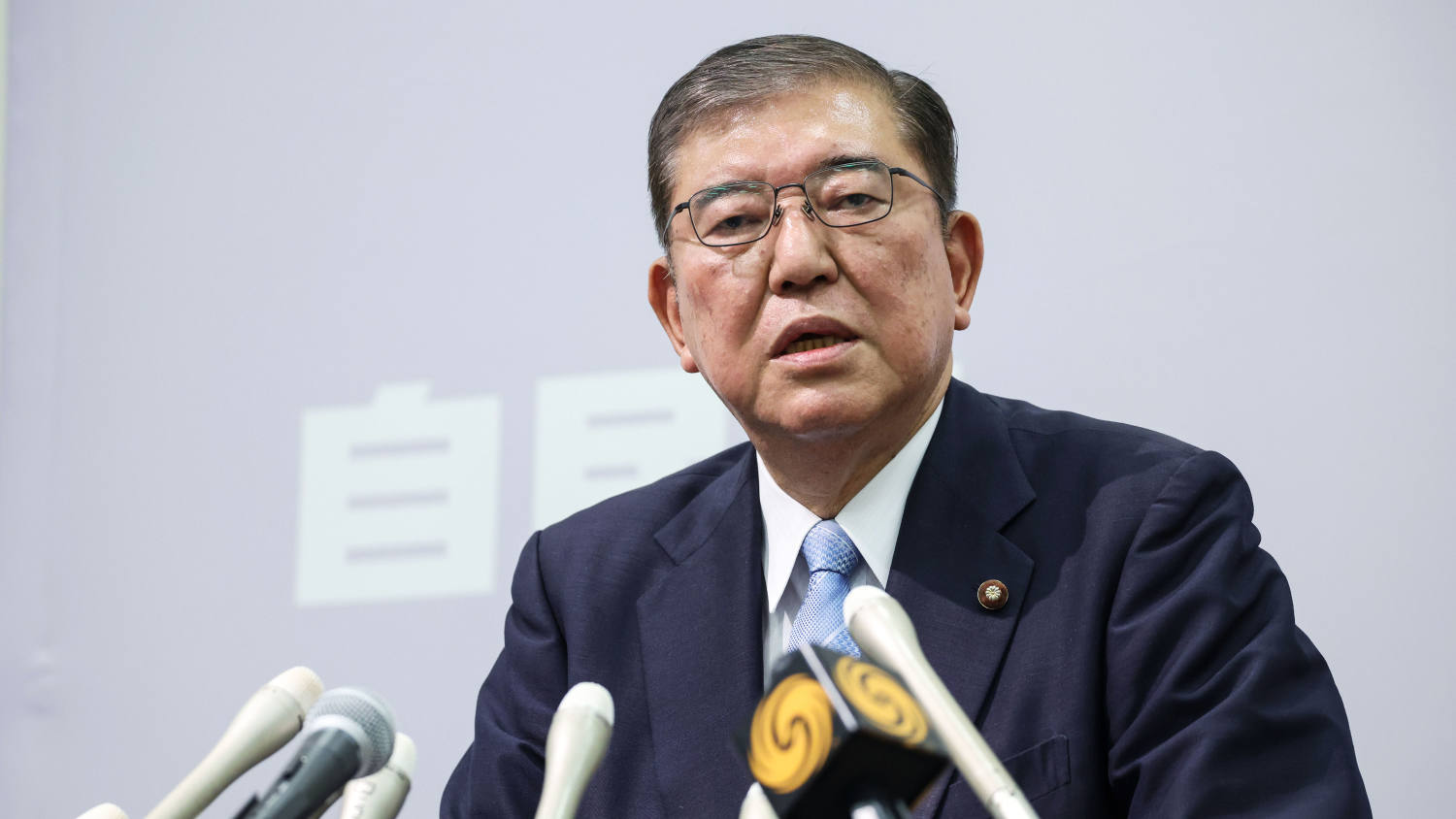"Informed AI News" is an publications aggregation platform, ensuring you only gain the most valuable information, to eliminate information asymmetry and break through the limits of information cocoons. Find out more >>
Shigeru Ishiba: Japan's New Prime Minister and His Policy Agenda
- summary
- score


Shigeru Ishiba, 67, is Japan's new prime minister, succeeding Fumio Kishida. A former banker, he entered politics in 1986 and has focused on security and rural revitalization. Known for his love of trains and curry, Ishiba has run for LDP leadership five times, finally winning.
Political Background: Ishiba was encouraged by Kakuei Tanaka to enter politics after his father's death. He served in various ministries, including defense and agriculture, and was LDP Policy Research Council chairman and secretary-general. Despite popularity, he often clashed with party elites.
Diplomacy: Ishiba is concerned about Asia's security, particularly North Korea's missile launches. He advocates for a NATO-style collective security in Asia, emphasizing the U.S.-Japan alliance. He plans to review the Status of Forces Agreement and manage U.S. bases jointly with Japan's Self-Defense Forces.
Economic Policy: Ishiba aims to revitalize small cities and rural areas by rejuvenating agriculture, fishing, forestry, and service industries. He supports renewable energy but seeks to reduce nuclear power's role.
Political Reform: Ishiba is aggressive about LDP reform, especially after recent scandals. He advocates for transparent political funding and the regulation of political party governance.
Personal Life: Ishiba is a train enthusiast and a fan of 1970s Japanese idol groups. His geek side endears him to voters.
Insight: Ishiba's blend of security expertise and rural focus positions him to address Japan's complex challenges. His reformist stance could bring much-needed transparency to the LDP.
| Scores | Value | Explanation |
|---|---|---|
| Objectivity | 6 | Comprehensive reporting and in-depth analysis. |
| Social Impact | 5 | Significantly influencing public opinion. |
| Credibility | 5 | Solid evidence from authoritative sources. |
| Potential | 6 | Almost inevitably leading to significant changes. |
| Practicality | 4 | Highly practical and directly applicable. |
| Entertainment Value | 3 | Some entertainment value, attracts a portion of the audience. |